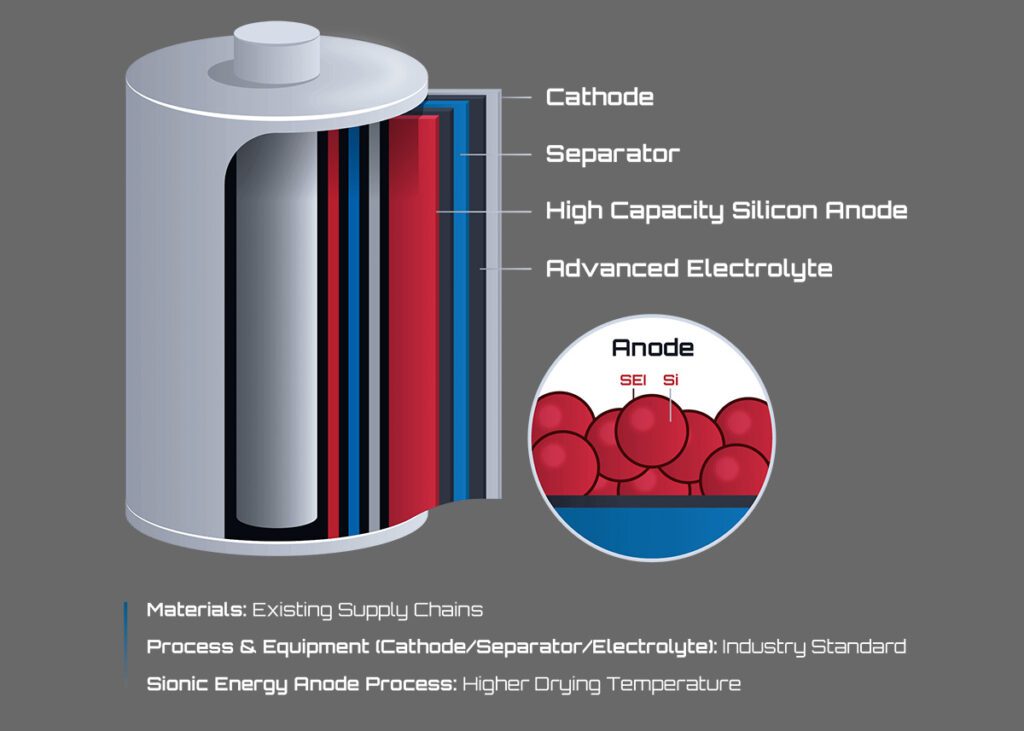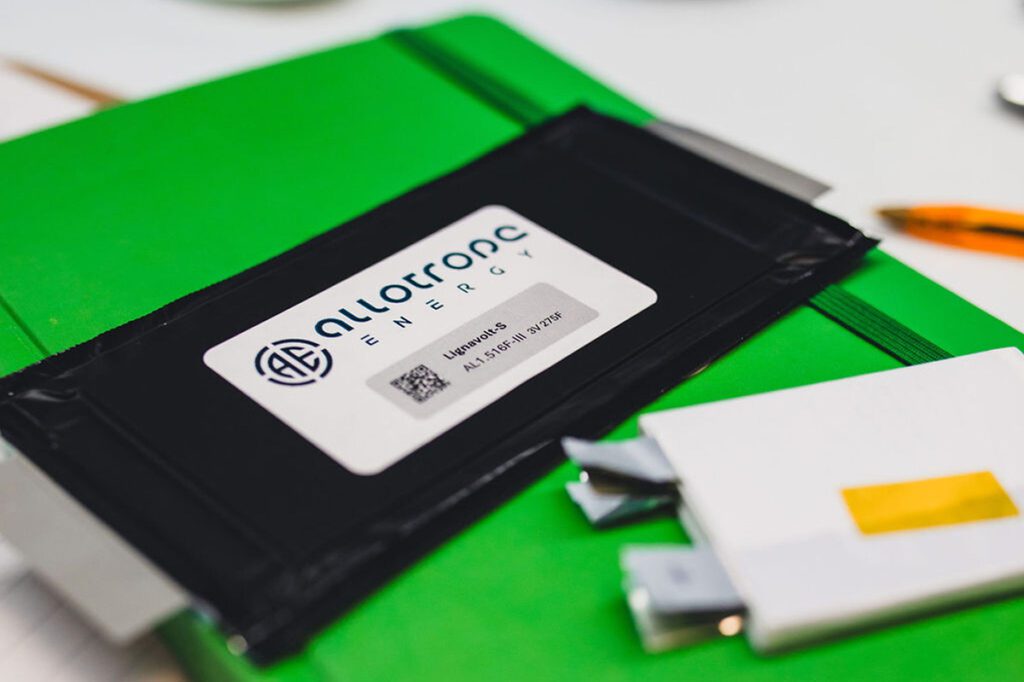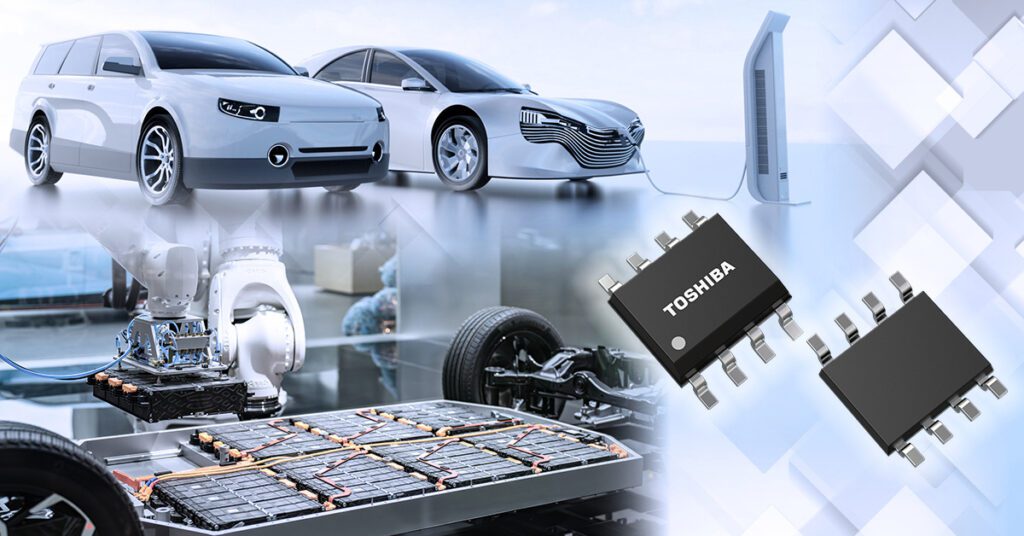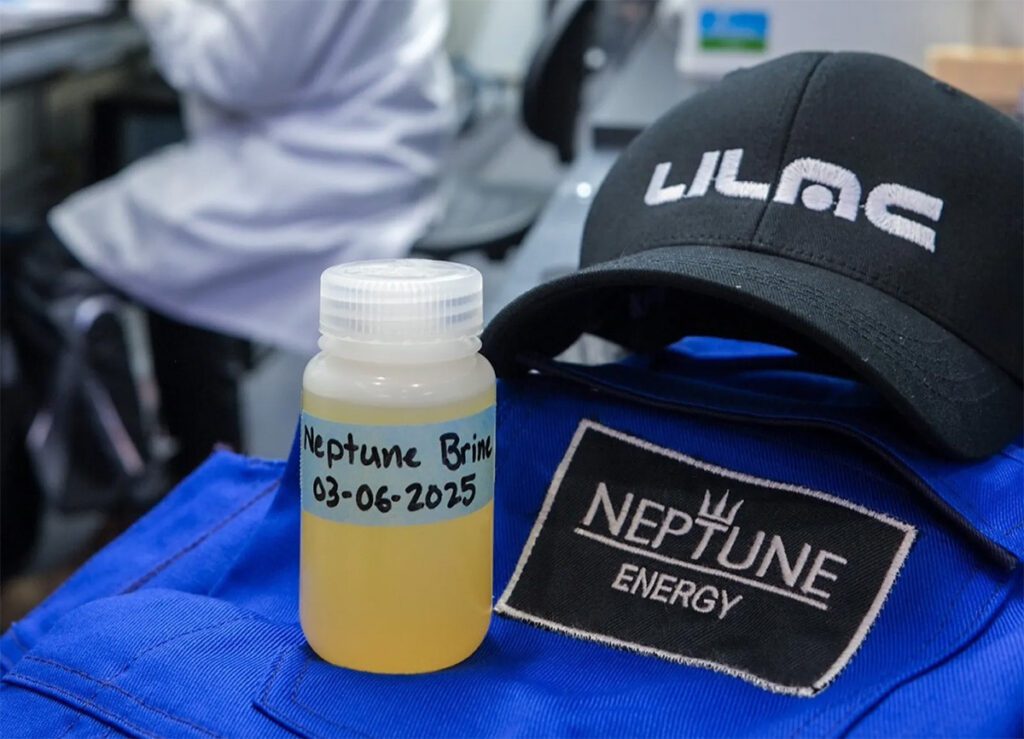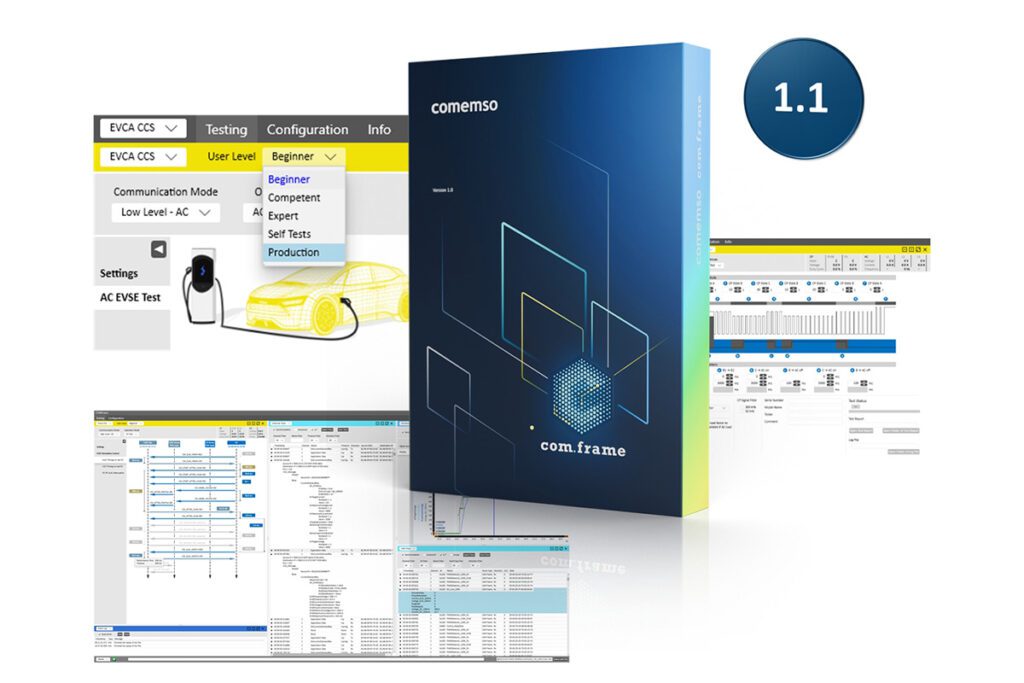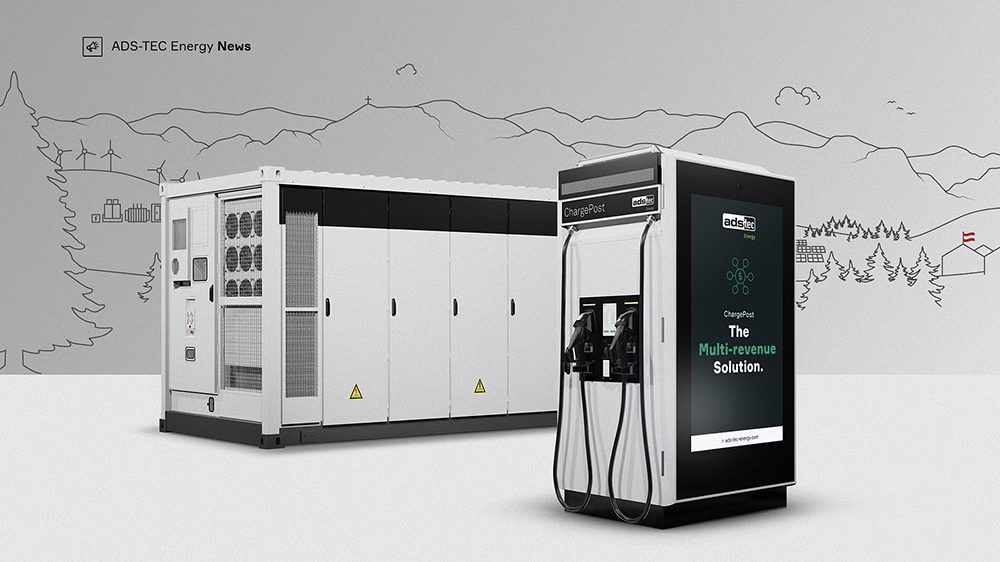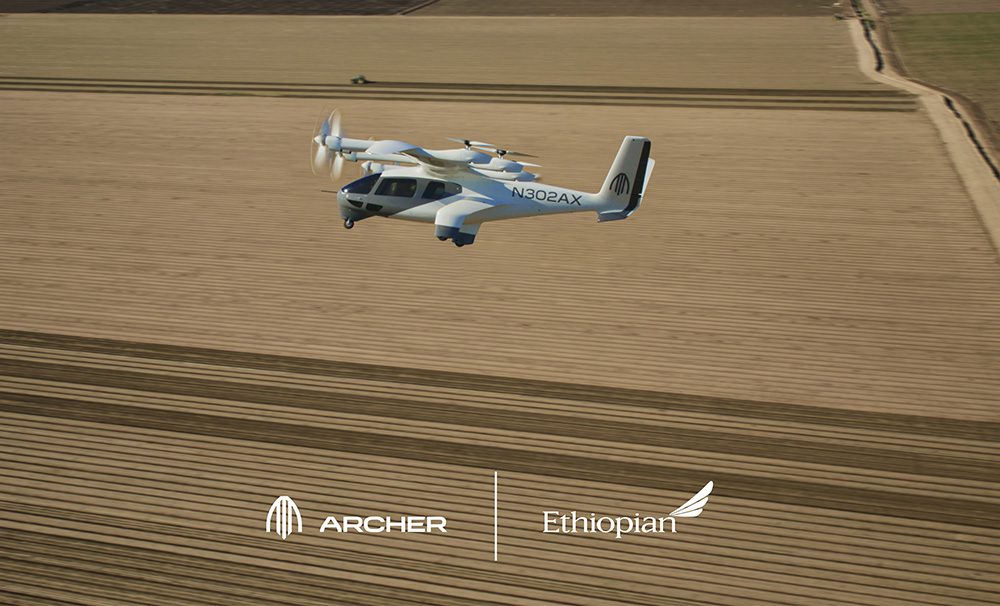The DOE has announced a Funding Opportunity Announcement that makes $58 million available for the development of various types of automotive technology advancements. The DOE will fund cost-shared projects with private industry, national laboratories, and university teams.
“Our work refining cars that are efficient, affordable and can plug into the grid will help propel us to even greater progress on reducing pollution and boosting energy security,” said Energy Secretary Ernest Moniz as he announced the new funding at the recent Washington DC auto show. “These successful investments in next-generation vehicle technologies are a clear example of the impact innovation can have on industry and consumers.”
This FOA contains 11 Areas of Interest, several of which relate to electrification:
EV Everywhere Plug-In Electric Vehicle (PEV) Local Showcases. Promote and demonstrate plug-in vehicles by establishing local showcases that provide a hands-on consumer experience and in-depth education in a brand-neutral setting.
Grid Modernization for Electric Vehicles. Develop PEV technologies that enable efficient grid integration, including: bi-directional power flow; load control using vehicle to grid (V2G) communication; and impact of grid services on PEVs.
Low Cost Electric Drive Vehicle Motors. Develop advanced electric machine technologies with a focus on motor design, material, and production pathways to significantly lower cost.
Advanced High-Voltage Electrolytes and Additives, Conformable and Self-healing Solid State Electrolytes, and Lithium Metal Protection.
Advanced Material Characterization Techniques. Develop in situ microscopy and spectroscopy tools capable of identifying physical and chemical changes of Li battery components during charging and discharging.
Advanced Battery Materials Modeling. Develop advanced models to assess emerging Li-Ion and beyond Li-ion systems in order to understand the challenges impeding their full potential.
Source: Department of Energy via Green Car Congress
Image: International Information Program (IIP) (CC BY-SA 2.0)







































